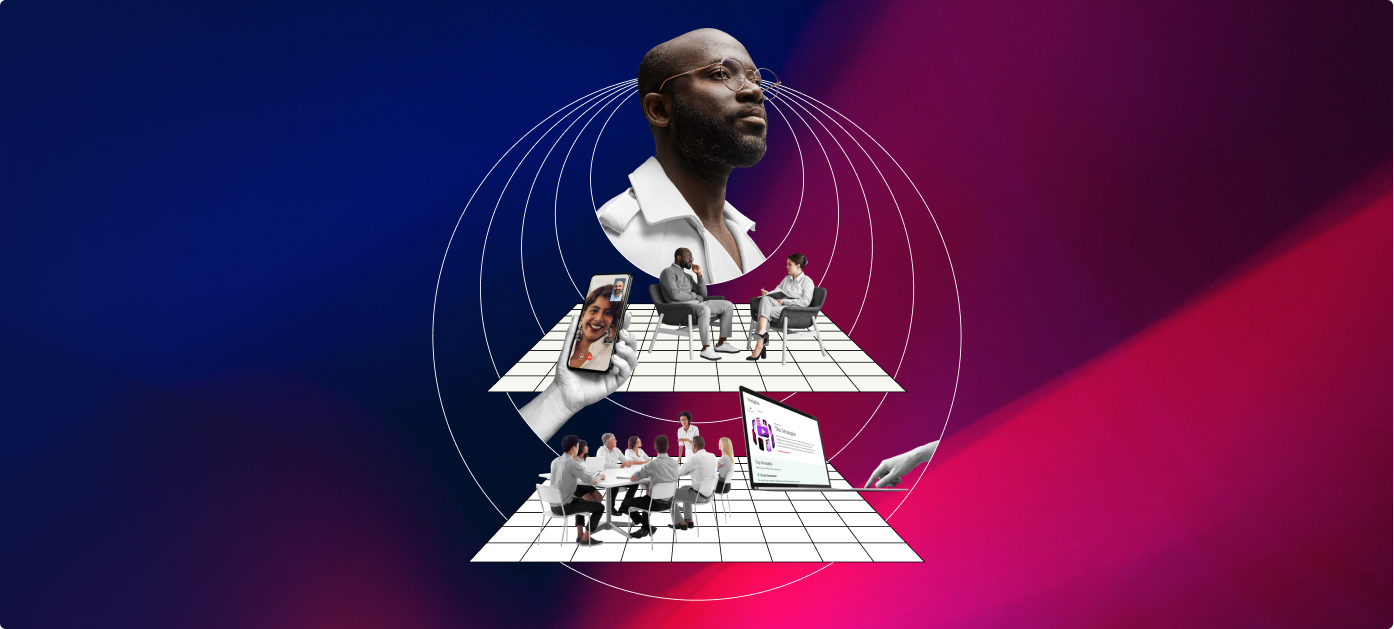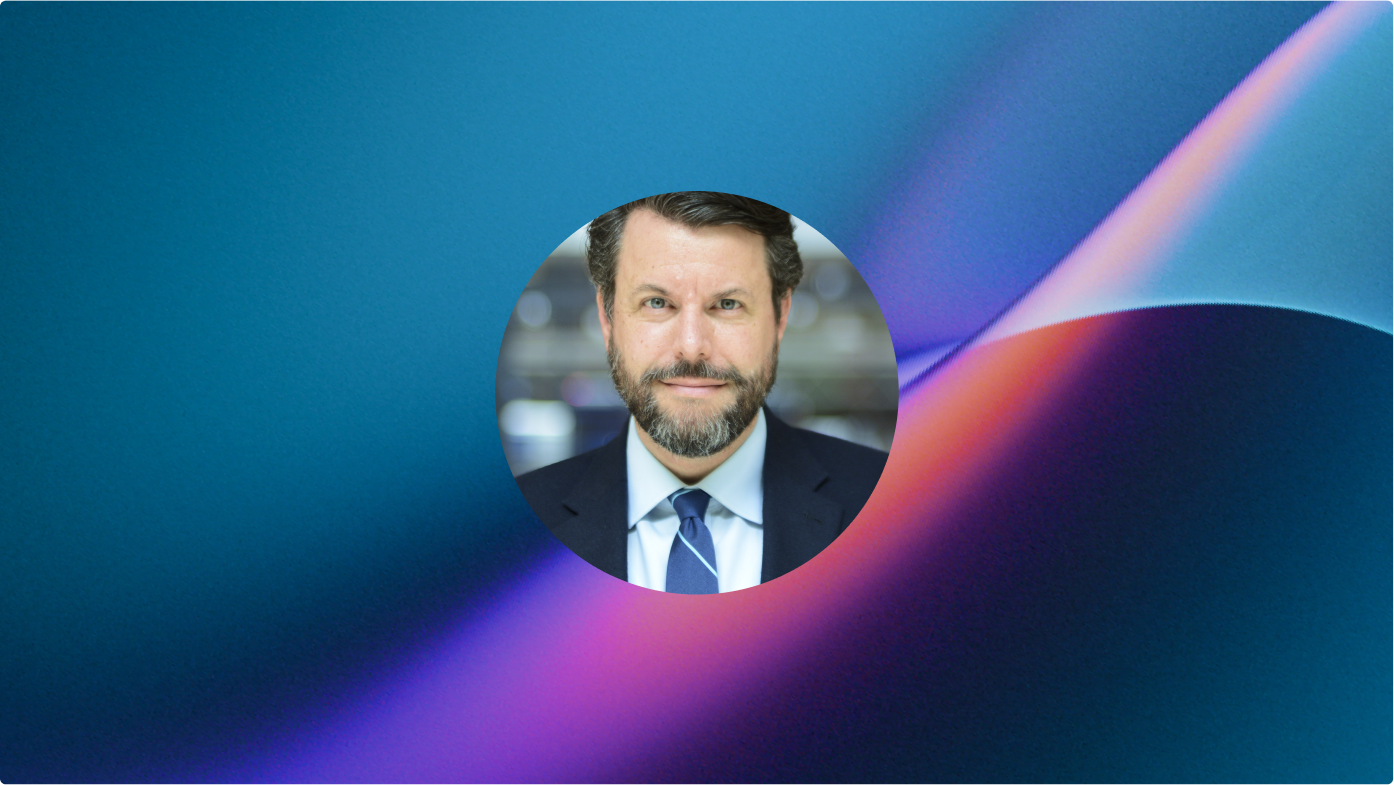First came digital transformation — a dazzling promise of efficiency that, for some, unraveled into a labyrinth of legacy systems and unmet expectations. Then the remote work revolution and quiet quitting trend upended conventional office cultures, forcing a hasty reinvention of teamwork and leadership. Now, with the unfathomable potential of artificial intelligence, even the most agile find themselves unable to successfully scale their AI transformation efforts beyond mere pilot projects.
In fact, while 81% of executives feel urgency to integrate AI, nearly half of employees report receiving no guidance on how to use these tools, stalling adoption and productivity gains. McKinsey estimates that nearly 70% of corporate overhauls fizzle before reaping rewards, and still more research from Bain & Company suggests that only about 12% of these initiatives achieve their intended results. PwC adds that cultural inertia and entrenched mindsets are the nemeses of change, stymieing even the most well-funded projects. While companies have added countless new apps, websites, chatbots, products, services, and systems, there is precious little transformation.
Why is the path to a successful transformation so frustratingly difficult to navigate? Is it an inability to focus? A failure of vision? Communication? A misalignment of incentives, budgets, and investments with new objectives? Our research suggests that it’s because employees have not been properly factored in.
Workforce is the key to a successful transformation.
At the core of every transformation effort is a set of leaders and employees who must embrace a new approach to their work, their customers, and their challenges. BetterUp studied 852 organizations around the globe and spanning industries comprising 30,000+ individuals. The research found that organizations are unable to achieve real transformation unless they invest in the underlying mindsets, behaviors, and skills of their workforce. Another research study between BetterUp Labs and Stanford Social Media Lab found that employees with a “Pilot” mindset (characterized by agency and optimism toward AI) are 3.4 times more productive and 3.1 times more likely to stay in their jobs, emphasizing the power of psychological readiness in transformation. Both studies point to the same conclusion: transformation isn’t driven by technology or strategy alone; it hinges on people’s readiness to grow and adapt. After all, people are the ones who change strategy, adopt new tactics, adapt behavior, and find new solutions. People hold the most significant lever to accelerate or stagnate. People are the beating heart of every culture.
To transform the organization, first transform the culture.
The research highlights an effective and sustainable approach to boost performance and drive transformation: build a strong Coaching Culture. In other words, an environment where employees can lead, take initiative, and exercise creativity, judgment, and decision making despite uncertainty and rapid change. That means fostering coaching behaviors and skills in leaders, developing manager coaches, creating the foundation for peer coaching, and providing access to personal development experiences for all employees.
Organizations with strong Coaching Cultures showed that coaching goes above and beyond programmatic or tactical use. In those organizations, everyone has access to personal support and coaching in critical moments. Coaching happens at an embedded, self-sustaining level both through formal channels organized and supported by organizational investments (third-party trained coaches) and informally at different levels of the employee population (manager-as-coach, peer-to-peer coaching).
Organizations with strong Coaching Cultures saw far more significant gains in revenue, growth, and return on shareholder value than their competitors. This mirrors gains found in AI-forward organizations, where both formal and informal coaching, including coaching undertaken through AI-enabled tools, is associated with boosts in well-being, productivity, and performance. These employees also experienced important differentiators in productivity, performance, and every single marker of well-being that BetterUp measures. Simply put, if a leadership team is looking to gain a competitive edge, overcome uncertainty, or boost performance, a strong Coaching Culture is a good place to start.
What exactly is a Coaching Culture?
A Coaching Culture involves an integrated mix of coaching (formal/informal, different levels, team and individual, expert/manager/peer, internal/external), managers adopting a coaching mindset, leaders adopting a “coaching style,” and an orientation toward learning, growth, and performance. Here are two primary hallmarks of a coaching culture:
- Everyone is a coach: Coaching is a primary communication style. Managers coach their teams, leaders coach mentees, peers provide healthy feedback and support each other to learn faster, and people feel inspired to leverage professional coaching and self-development tools to evolve their skills and themselves with the business.
- Coaching is embedded: Coaching practices are integrated into the formal and informal organizational processes, and there is a climate that supports feedback and continuous development, and where coaching is seen as a valuable practice at all organizational levels to drive performance. That means fostering coaching behaviors and skills in your leaders, developing manager-coaches, creating the foundation for peer coaching, and providing access to personal development experiences for all employees.
- Progress is measured: Progress is tracked through clear, quantifiable metrics, ensuring accountability and continuous improvement.
How do you create a Coaching Culture?
There are four factors that contribute to a strong Coaching Culture. When these factors are present, the organization moves toward a more embedded state of coaching that positively shifts organizational outcomes.
- Co-worker practices: Co-workers approach their work with curiosity, a growth mindset, and a desire to improve, individually and as a team. Peers build trust-based relationships and contribute to self-awareness, constructive feedback, and social learning to help raise the bar for everyone.
- Manager practices: Managers don’t just have management skills, they have coaching skills. These skills show up in how they lead, help teams overcome challenges, and provide support and guidance for their people. Managers who take a coaching approach will help people adapt and grow, driving peak individual and team performance. Research shows that employees prefer human managers for motivating teams (92%), giving feedback (90%), and coaching soft skills (85%), suggesting that coaching remains an irreplaceable human domain, even in AI-augmented environments. They scout opportunities for “coachable moments” to serve the individual and the organization. They use team coaching to accelerate social learning and alignment.
- Organizational practices: Organizations invest in leaders, reward coaching skills, and create the structure and systems to support growth for every individual, not just the top layers of hierarchy. Opportunities for ongoing growth, learning, and development are prioritized, such as professional coaching, learning experiences, and stretch or strengths-based work assignments. The value of informal coaching is reinforced by the organization through a value emphasis on manager coaching skills, which may show up in competency models or performance evaluations.
- Experimentation: Workers at all levels have a shared goal of improved self-awareness, learning, and performance. This means people feel empowered to take risks, push themselves beyond their comfort zone, experiment, share new ideas, ask questions, learn from failure, and be vulnerable – all without giving up the pursuit of individual and business outcomes.
BetterUp research found that organizations where both formal and informal coaching practices are woven into the culture, operations, and norms realize significant gains in revenue, growth, and return on shareholder value relative to their competitors. Employees in these organizations also experience vital gains in productivity, performance, and across every single marker of well-being that BetterUp measures.
A coaching culture can be self-perpetuating and reinforcing.
With skills becoming obsolete quickly and conditions quickly changing, a “set and forget” approach to learning and development could jeopardize organizational success. Learning and development must be continuous and in the flow of work, so employees can self-serve to grow in ways relevant to them — and to organizational objectives. Prioritizing this type of learning empowers employees and managers to be resourceful, confident learners who own their development, identify when they need to learn new skills or behaviors, and have the confidence to drop what isn't working and seek out new information.
Coaching Cultures don’t just metabolize change more efficiently, they maximize each person's contribution to the organization by developing their confidence and capabilities, and empowering and supporting them flexibly through coaching.
The ability to transform (and keep transforming) is key to survival.
The breakneck pace of change today has rendered tried-and-true playbooks obsolete, and firms are scrambling to reinvent themselves at a speed bordering on acrobatics. And while this is creating enormous stress on companies and employees alike, it’s also a moment of opportunity for leaders to rethink how they optimize their human resources. Organizations that equip managers with AI fluency and reinforce human-centered coaching capabilities will be best positioned to meet this moment — cultivating “Pilot” mindsets rather than passive “Passenger” mindsets.
If we can approach this problem anew, even when disruption, change, and demands for transformation are so high, we can leverage a Coaching Culture to build high performing organizations, agile teams, and unlock the full potential of our people. Helping people, coaching people, and creating healthy environments that foster successful transformation — in uncertainty or in times of relative stability — can create definitional, chasm-crossing moments for your business.
To find out more, download our full insights report “Unlocking Performance: Transform your people and teams with a coaching culture.”
BetterUp is here to help.
BetterUp’s Human Transformation PlatformTM that removes the guesswork from developing your people at scale and delivers growth that’s proven, predictable, and precise. Learn more about how to quickly scale your coaching program with our sophisticated, human-powered tools. Request a demo
The Human Transformation Platform
Process doesn't change your business. People do. Our platform removes the guesswork from developing your people at scale and delivers growth that's proven, predictable, and precise.
The Human Transformation Platform
Process doesn't change your business. People do. Our platform removes the guesswork from developing your people at scale and delivers growth that's proven, predictable, and precise.











